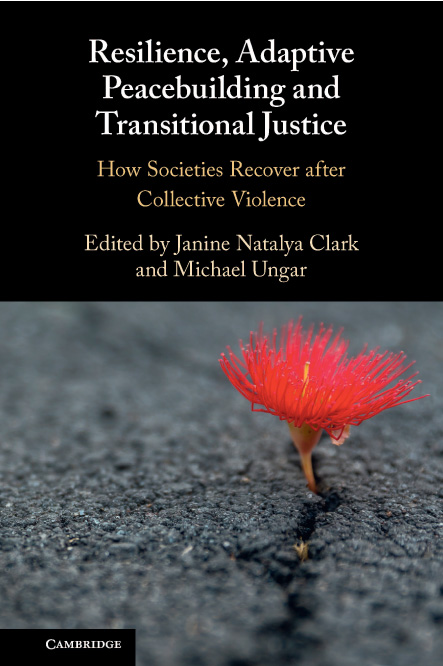Development and Life Skills Education Project
The DLSE Project is an intervention delivered by Pikin-to-Pikin, a Sierra Leone NGO, using a Child-to-Child approach to learning and action. The DLSE Sierra Leone Project trains Master Trainers who, at the same time, train teachers to: 1) implement ECD provision; 2) improve the quality of primary education; and 3) deliver life skills education (on topics such as child protection, teenage pregnancy and HIV and AIDS) using child-to-child approaches. The DLSE Project is for 5 years and is being implemented in three chiefdoms in the Kailahun District of Sierra Leone. The main objectives of the project are: 1) increase access and retention in primary education; 2) enhance children’s academic performance; 3) improve classroom teaching and learning practices; and 4) reduce girls’ vulnerabilities and risky behaviour.

The RRC’s evaluation of the DLSE Project integrates both quantitative and quasi-experimental pre- and post-test methodology and qualitative methods. The integration of various data collection and analytical techniques will enhance the internal and external validity of the evaluation, eliminating alternative explanations for results, and increasing the ability to generalize findings.














